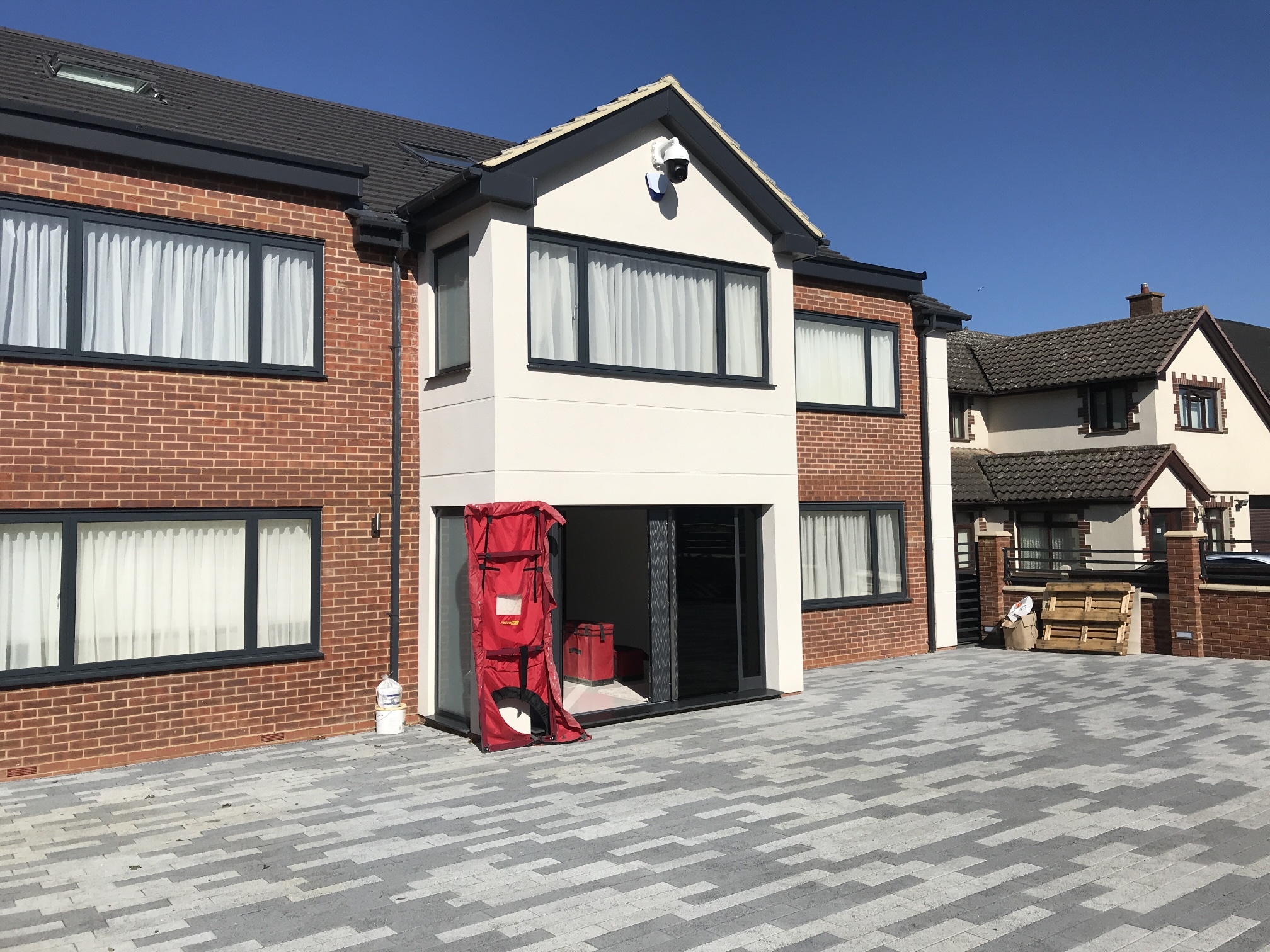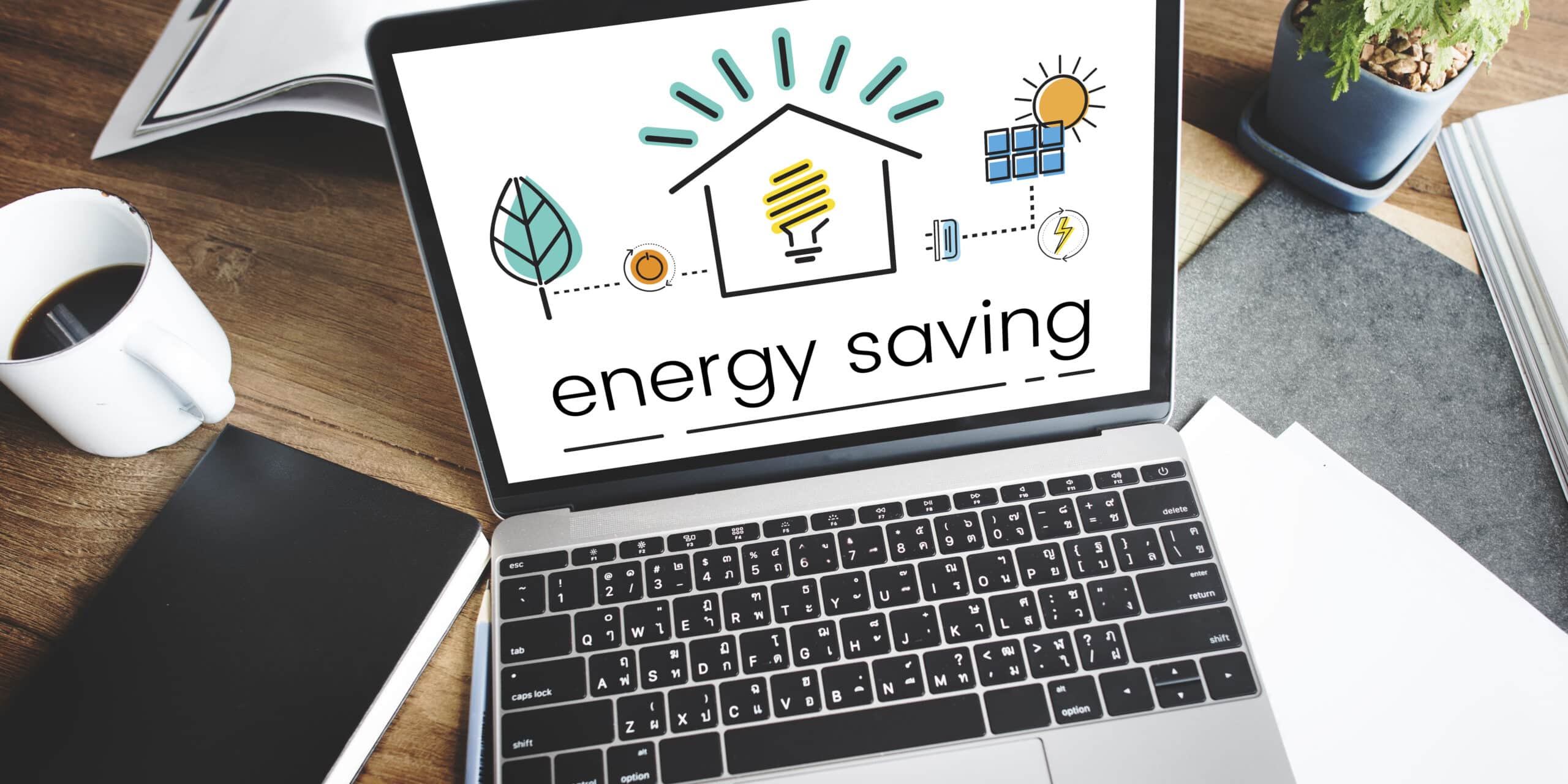
In this blog, we will explore how SAP calculations help businesses and individuals embarking on the construction of new dwellings to stay compliant, save money, and contribute to a more sustainable future.
Understanding regulatory requirements
Complying with energy efficiency regulations in the UK is essential for both residential and commercial buildings. The SAP calculation framework provides a standardised methodology for assessing the energy performance of proposed new dwellings and determining their compliance with regulations. By accurately evaluating a building’s predicted energy efficiency, SAP calculation helps stakeholders understand the requirements they need to meet. Regulations such as Part L of the Building Regulations in the UK set minimum energy performance standards for new constructions and major renovations of existing properties, including the addition of some extensions.
The process of SAP calculation enables architects, builders, and future property owners to evaluate and improve their buildings’ energy efficiency, ensuring compliance with these standards. By understanding the regulatory requirements regarding SAP calculations, individuals and businesses can avoid penalties, legal issues, and delays in project completion. Furthermore, SAP calculation also contributes to broader environmental goals, such as the UK’s commitment to reduce carbon emissions. By complying with energy efficiency regulations, buildings can reduce their carbon footprint and play their part in achieving national and global sustainability targets.
Optimising energy efficiency
The SAP calculation framework, though, goes beyond compliance; it also helps unlock potential cost savings by optimising energy efficiency. Through accurate energy performance assessments, SAP calculation identifies areas for improvement and recommends measures to reduce future energy consumption and building running costs.
By analysing factors such as insulation, heating systems, ventilation, and any renewable energy sources incorporated into the design, SAP calculation highlights opportunities for energy-saving upgrades. This can include enhancing insulation levels, upgrading inefficient heating systems, installing smart energy management systems, or incorporating renewable energy technologies like solar panels or heat pumps. Implementing these recommendations not only improves energy efficiency but also leads to long-term cost savings for occupants through reduced energy bills.
Assessing and demonstrating energy performance
SAP calculation serves as a valuable tool to assess and demonstrate the energy performance of dwellings. It provides an overall energy rating that allows property owners to showcase their building’s efficiency to potential buyers, tenants, and stakeholders. An Energy Performance Certificate (EPC), derived from SAP calculation, is mandatory when selling or renting out a property.
A high energy rating obtained through accurate SAP calculation enhances the marketability of a property. It demonstrates a commitment to sustainability and energy efficiency, attracting environmentally conscious buyers and tenants. Additionally, a good energy rating can positively impact the property’s future value and rentability, further enhancing the return on investment. SAP calculation also enables benchmarking and comparison of energy performance across different buildings. This supports policymakers in evaluating the effectiveness of energy efficiency regulations and incentivises the construction of more sustainable buildings.
In summary, the SAP calculation framework plays a crucial role in ensuring compliance with energy efficiency regulations, optimising energy efficiency, and assessing the energy performance of buildings. By accurately evaluating the predicted energy efficiency of a proposed new dwelling, SAP calculations help stakeholders understand and meet regulatory requirements, unlock cost savings, and contribute to a sustainable future.
Embracing SAP calculation practices empowers individuals, businesses, and policymakers to achieve compliance, save money, and make significant strides towards a more energy-efficient built environment. Stay compliant, save money, and lead the way in sustainable building practices with SAP calculation.
Choosing the right company to carry out a SAP calculation is crucial for ensuring accurate assessments and successful energy efficiency initiatives. Failure to hire the right company can lead to a range of setbacks and challenges. In this section, we will highlight five common problems that can occur when the wrong SAP calculation company is chosen. By understanding these pitfalls below, you can make an informed decision and avoid potential complications in your energy efficiency endeavours.
- Inaccurate energy assessments: Hiring an inexperienced or unreliable SAP calculation company can result in inaccurate energy assessments. This can lead to misguided decisions, wasted resources, and suboptimal energy efficiency improvements.
- Regulatory non-compliance: The right SAP calculation company understands the complex regulations and standards. By not hiring a competent company, you risk failing to comply with energy efficiency regulations and facing penalties or delays in your project.
- Missed cost-saving opportunities: An experienced SAP calculation company can identify potential cost-saving opportunities through energy efficiency improvements. Without the right company, you may miss out on valuable recommendations that could significantly reduce your dwelling’s future energy consumption and operational costs.
- Lack of expertise in sustainable solutions: Energy efficiency often involves implementing sustainable solutions and renewable energy technologies. Hiring a company without expertise in these areas may limit your ability to maximise the benefits of clean energy and sustainable practices.
- Poor customer support and communication: Effective communication and reliable customer support are vital when working with a SAP calculation company. Choosing the wrong company may result in frustrations, delays in responses, and a lack of support throughout the process, hindering the progress of your energy efficiency goals.
When it comes to SAP calculation and energy efficiency, trust is paramount. Partnering with a reputable and experienced company like Briary Energy ensures accurate assessments, regulatory compliance, identification of cost-saving opportunities, expertise in sustainable solutions, and reliable customer support. By entrusting your SAP calculation needs to the right company, you can avoid common failures and pave the way for successful energy efficiency initiatives. Choose Briary Energy as your trusted partner, and together, we can achieve your energy efficiency goals while making a positive impact on the environment.
Choose Briary Energy: Unlock energy efficiency excellence
Experience the benefits of working with an expert SAP calculation company like Briary Energy. Our team of qualified professionals is dedicated to delivering accurate assessments, ensuring regulatory compliance, identifying cost-saving opportunities, and providing reliable customer support.
Contact us today on 0330 223 6960 or email us at info@briaryenergy.co.uk to discuss your energy efficiency needs. Let us help you unlock the full potential of your buildings and create a sustainable future together.
Join Briary Energy’s community: Together towards energy efficiency excellence
Thank you for taking the time to read our blog on the importance of accurate SAP calculation in energy efficiency. We hope you found it informative and insightful. We invite you to explore our other energy audit blog posts, such as The future of home building with SAP calculation. Expand your knowledge and gain valuable insights into energy efficiency practices that can benefit your buildings and contribute to a greener world.
Stay connected with Briary Energy and join our growing community of energy efficiency enthusiasts. Follow us on our social media accounts to receive updates, industry news, energy-saving tips, and exclusive content. Engage with us on Facebook, Twitter, and LinkedIn to stay informed and be part of the conversation on sustainable energy solutions. Let’s make a positive impact together.
Frequently asked questions (FAQs) about SAP calculation
What is a SAP calculation?
A SAP calculation is a methodology used to assess the energy efficiency and environmental performance of proposed new dwellings in the UK. It provides an energy rating that determines compliance with regulations and helps identify areas for improvement.
Who should perform SAP calculations?
SAP calculations should be carried out by qualified and accredited professionals, such as energy assessors or SAP assessors. These experts possess the necessary knowledge and expertise to accurately assess a building’s energy performance using the SAP methodology.
When is a SAP calculation required?
A SAP calculation is typically required for proposed new dwellings, major renovations of existing ones, and some extensions to homes. An SAP assessment is required to obtain an Energy Performance Certificate (EPC) for a newly built dwelling – without an EPC, the property cannot be sold or leased out. In short, SAP calculations are necessary to achieve compliance with Building Regulations, obtain financial incentives for energy efficiency, and provide accurate information to potential buyers or tenants.
How does a SAP calculation contribute to energy efficiency?
A SAP calculation quantifies the energy efficiency of a proposed new dwelling, identifying opportunities for improvement in the building design. By evaluating factors such as insulation, heating systems, and renewable energy sources, SAP calculation helps optimise energy usage and reduce carbon emissions.
Can SAP calculation help save costs?
Yes, SAP calculations can help save costs by identifying energy-saving measures. By improving insulation, upgrading heating systems, or incorporating renewable energy technologies, architects, developers and others in the construction industry can ensure reduced future energy consumption, leading to lower utility bills and long-term cost savings.
Author Biography
Chris Nicholls is an experienced writer specialising in SAP calculation topics. With a passion for energy efficiency and compliance with regulations, Chris brings valuable insights and knowledge to the topic of staying compliant and saving money through SAP calculation. As a trusted writer in the field, Chris strives to provide informative and engaging content to help readers navigate the complexities of energy efficiency regulations and optimise their cost savings.




